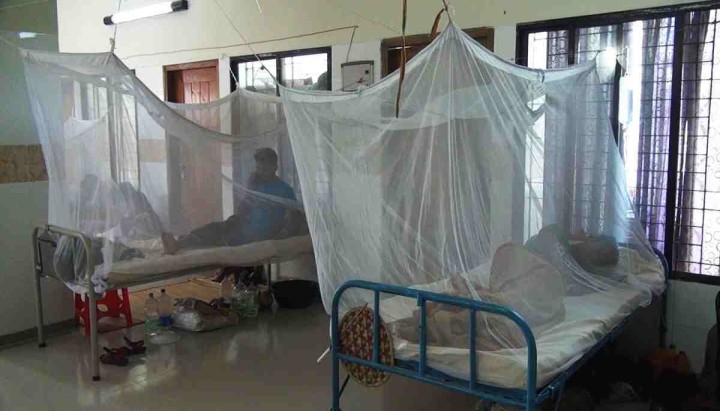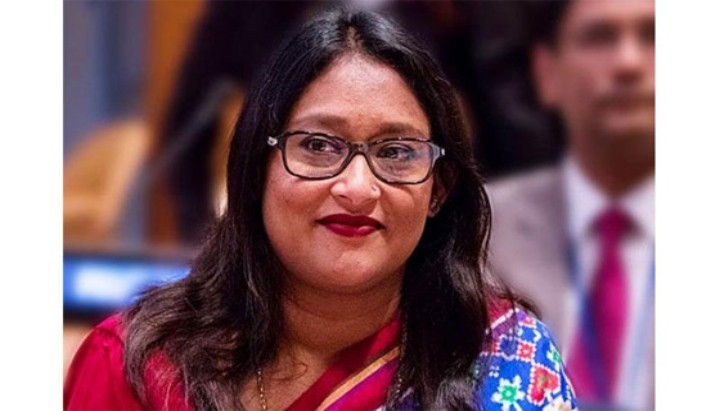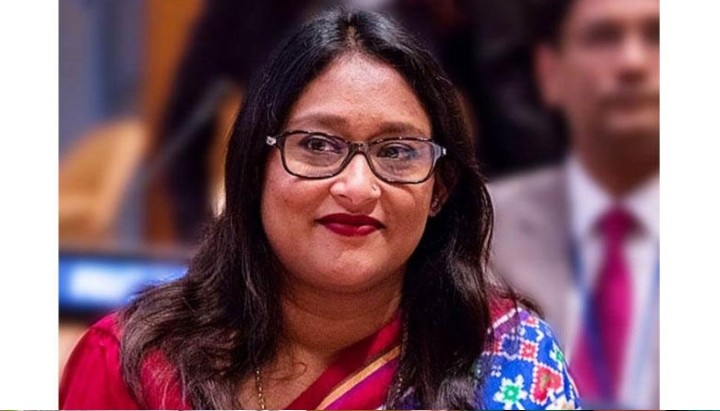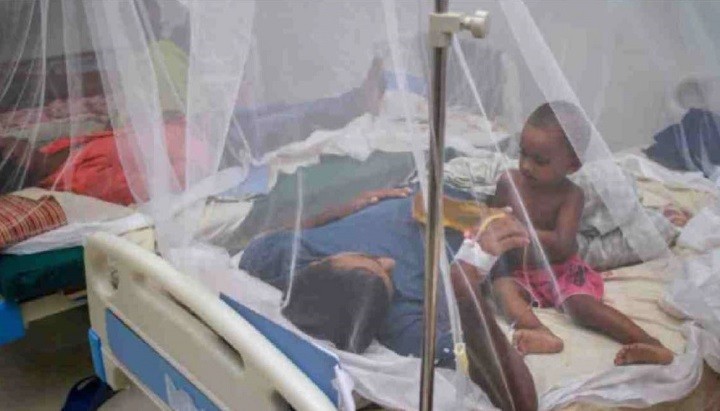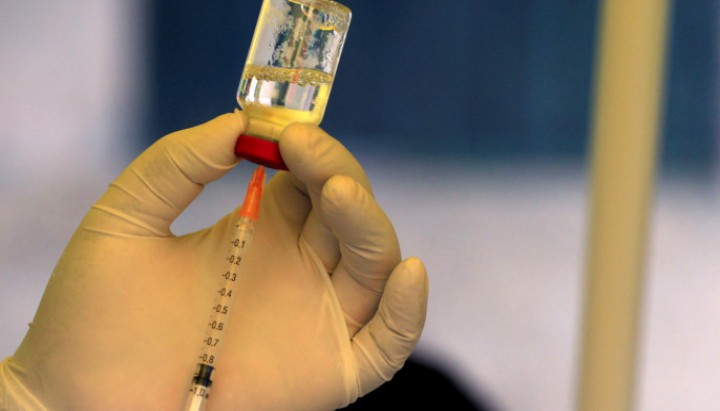The newly elected Regional Director for South-East Asia of World Health Organization (WHO) Saima Wazed, a global mental health expert, will take office for the next five years today.
The member states voted to nominate Wazed to the post during a meeting at the 76th session of the WHO Regional Committee for the South-East Asia Region on January 1, 2024.
Later, her nomination was approved during the 154 session of the WHO Executive Board held on January 22-27 in Geneva, Switzerland, according to WHO sources.
Ms. Saima Wazed will replace Dr. Poonam Khetrapal Singh, the outgoing RD of South-East Asia Region of WHO.
Bangladesh, Bhutan, the Democratic People's Republic of Korea (DPRK), India, Indonesia, Maldives, Nepal, Sri Lanka, Thailand and Timor-Leste took part in the voting in New Delhi.
Wazed, a renowned autism expert, had secured eight votes. The other candidate, Dr Shambhu Prasad Acharya, nominated by Nepal, received two votes.
Saima Wazed is the first from Bangladesh and the second woman Regional Director of WHO South-East Asia Region.
She is the daughter of Prime Minister Sheikh Hasina and is globally famed for her role as a mental health expert-particularly autism. She is an advisor to the WHO's director-general for mental health.
With that, Saima Wazed will be the first Bangladeshi to hold the post created in 1948 as part of WHO's regional divisions.
She spearheaded the campaign for autism awareness in Bangladesh at a time when parents would hide their children with this neurodevelopmental disorder due to the social stigma attached to the developmental disability.
Ms Saima Wazed has a Bachelor degree from Barry University in Florida, USA, and holds a master's degree in clinical psychology. She is a candidate for a doctorate in Organizational Leadership from the same university.
Since 2019, she has been an Advisor to the WHO Director-General on Mental Health and Autism and has been a member of WHO's Expert Advisory Panel on Mental Health since 2014.
Ms Wazed was designated Goodwill Ambassador for Autism in WHO South-East Asia in 2017. She co-authored WHO South-East Asia Regional Strategy on Autism Spectrum Disorder the same year.
She is an Associate Fellow at the Global Health Program Chatham House, UK, Chairperson of the National Advisory Committee on Autism and NDDs, Dhaka Bangladesh, and Chairperson of the Shuchona Foundation, Dhaka, Bangladesh.
Ms Wazed was conferred 'Excellence in Public Health' award by WHO South-East Asia Regional Office in 2014, and Ibrahim Memorial Gold Medal in 2016 by the Dr Ibrahim Memorial Council, Bangladesh, for her work on autism and neurodevelopment disorders.
In 2017, Ms Wazed received International Champion Award from US organization Shema Kolainu for her work on autism in South-East Asia. In 2019, she was conferred Innovative Women Leaders in Global Mental Health award by the Global Mental Health Programs, Columbia University, USA.
-BSS


